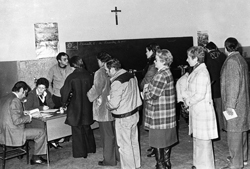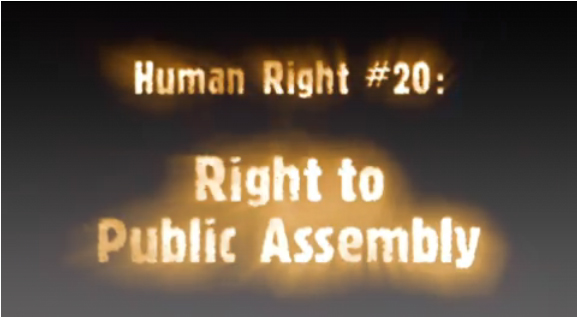The
Constitution is the most important law in Spain.
It
was approved by the Spanish people in 1978.
In a
referendum.
A referendum is when all citizens vote on an important subject.
The Constitution recognises the rights and obligations of the Spanish people.
The Constitution also establishes the national institutions: the Lower House of Parliament, the Upper House of Parliament and the Courts of Justice.
 |
| First page of the Spanish Constitution, from Wikipedia. |
 |
| Spanish Referendum in 1978 |
 |
| Lower House of Parliament in Spain. |
 |
| Upper House of Parliament in Spain. |
 |
| Constitutional Court of Justice in Spain. |







